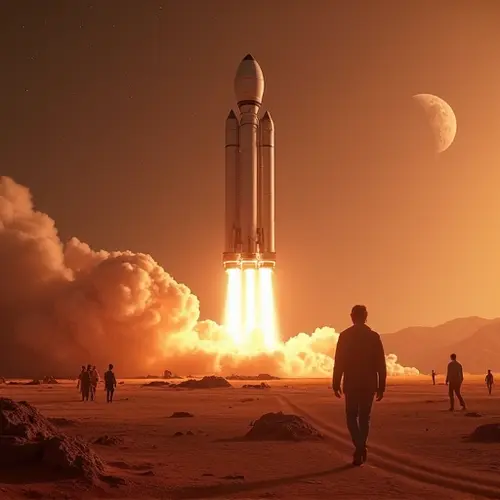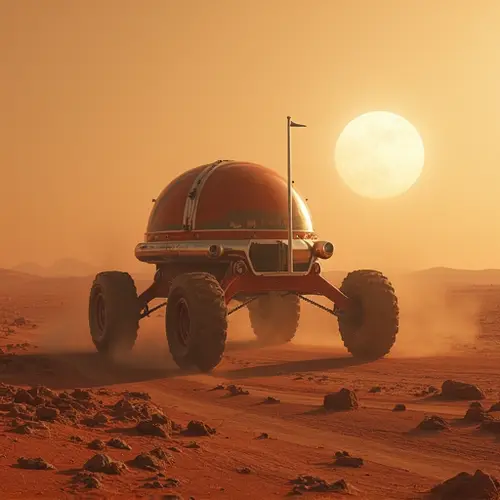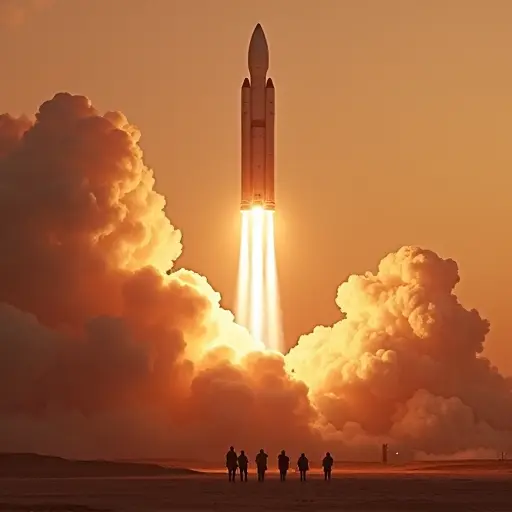
The New Space Race
International space agencies and private companies are accelerating efforts to establish human settlements on Mars by 2040. NASA's Artemis program aims to return astronauts to the Moon by 2025 as a stepping stone for Martian missions. Meanwhile, China's National Space Administration plans crewed lunar landings before focusing on Mars. The European Space Agency and Roscosmos are collaborating on ExoMars missions to search for signs of life.
Private Sector Ambitions
Elon Musk's SpaceX leads private efforts with its Starship program, targeting the first uncrewed Mars landing as early as 2026. Blue Origin's Jarvis lunar lander and New Glenn rocket aim to support infrastructure development. Virgin Galactic focuses on suborbital tourism to fund longer-term Mars ambitions. A recent ScienceDirect study emphasizes that private-public partnerships are crucial for funding these trillion-dollar ventures.
Technological Challenges
Colonization faces major hurdles: radiation exposure requires shielded habitats, toxic Martian dust threatens equipment, and temperatures swing between -70°C and 0°C. NASA's Perseverance rover tests oxygen production from CO2, while SpaceX develops in-situ resource utilization for fuel and water. The thin atmosphere complicates landings, requiring innovative solutions like supersonic retropropulsion.
Public Opinion Shifts
According to Pew Research, only 11% of Americans prioritize crewed Mars missions, with asteroid defense and climate monitoring ranking higher. However, 55% expect space tourism within 50 years. "We're building the railroad to Mars," SpaceX President Gwynne Shotwell stated last month. "This isn't science fiction anymore."
Roadmap to Settlement
Phase one (2025-2030) focuses on robotic missions constructing habitats. Phase two (2030-2035) involves short-term human missions. The final phase establishes permanent colonies using Martian resources. Ethical debates continue about planetary protection and creating an independent Martian society. As NASA Administrator Bill Nelson noted: "We're not just visiting Mars - we're learning to live there."

 Nederlands
Nederlands
 English
English
 Français
Français
 Deutsch
Deutsch
 Español
Español
 Português
Português








